When your air conditioner's filter becomes clogged, dust and grime begin to enter the unit, putting wear and tear on the components. Additionally, the blocked filter prevents enough air from flowing through the system to keep it functioning correctly. So how do you change a central air conditioner filter? We gathered useful information for you.
Before you replace your air conditioner filter, you should first make sure that you have the right air filter replacement size. Then, to change the filter:
- Turn AC power off.
- Remove the old filter from AC.
- Check filter condition.
- Safely dispose of the old filter.
- Clean the filter.
- Put the new filter into the AC.
Now that you know how to change an air conditioner filter, let's talk about why you should do it and how to maintain your central AC unit filters. Furthermore, let's also delve into the importance of an air filter in your central AC system.
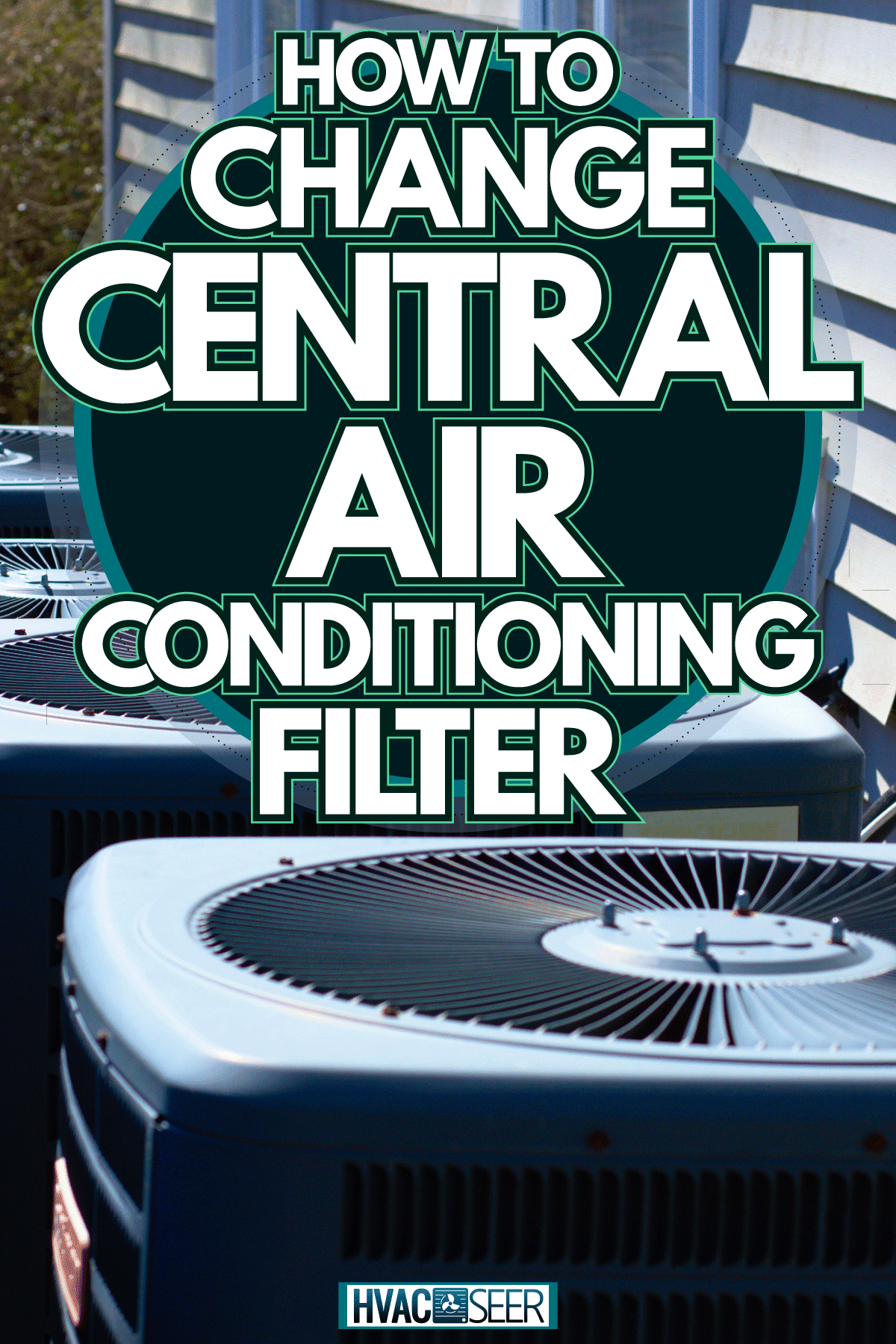
Why Should You Change Your Central Air Conditioner Filter?
Regularly maintaining your air filters are important because they are the first line of defense in cleaning air through the filter in the furnace for both heating and cooling. Filters that are clogged or dirty can reduce the central air system's performance quality and energy efficiency, causing it to overheat, overwork, and reduce indoor air quality.
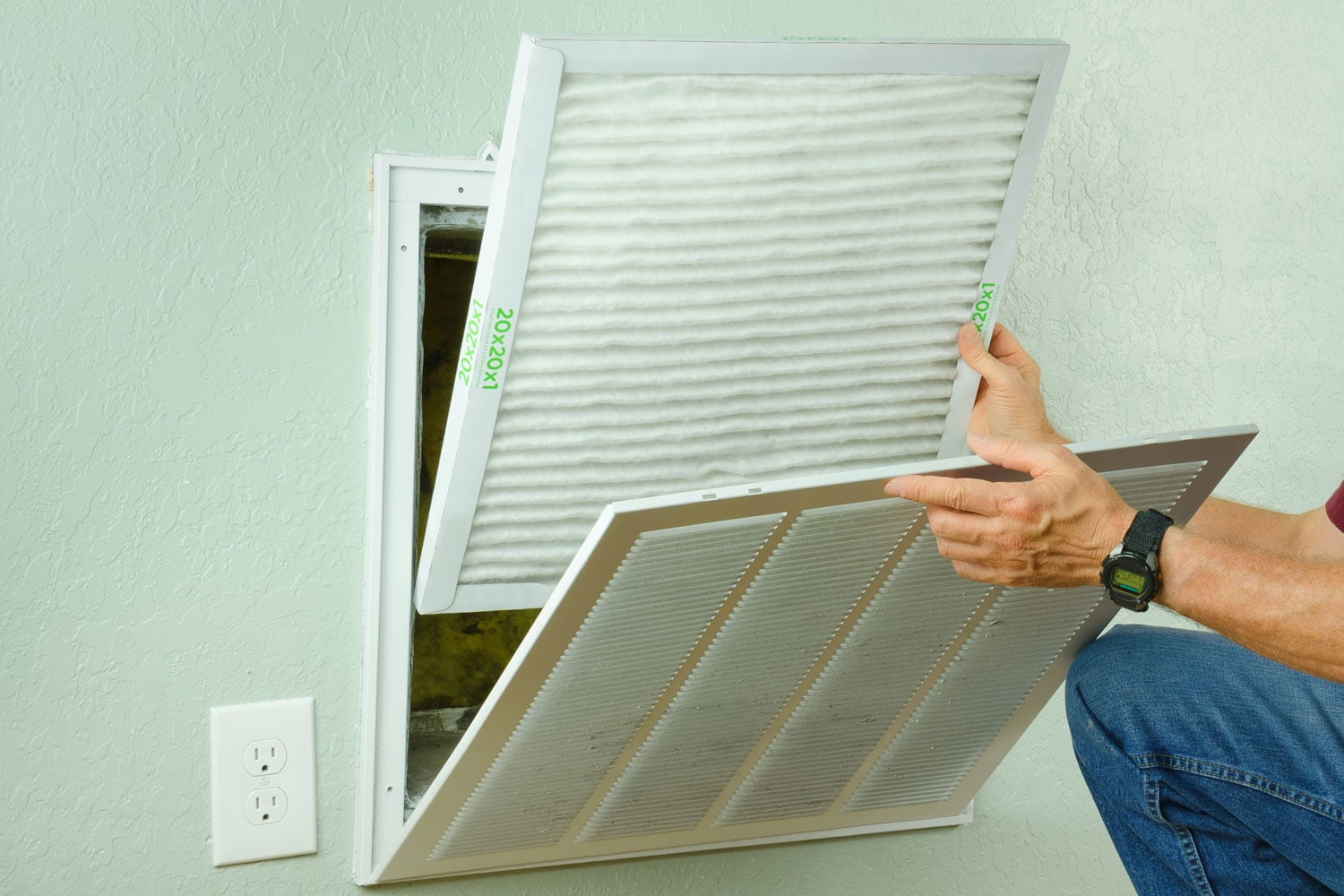
Here are some advantages of having clean AC air filters:
- Keep your home's air fresh and free of irritants and dust.
- Save energy costs.
- Prolong your AC's lifespan.
How Long Does A Central Air Conditioner Filter Last?
The filter service's lifespan varies depending on the filter, ranging from one to six months. Replace the filter at least twice a year, if not more. There are a variety of basic and performance filters to choose from.
You can discuss your options with an HVAC contractor to see what will work best for your home and central air system.
Where Are Air Filters Usually Located In A Central AC System?
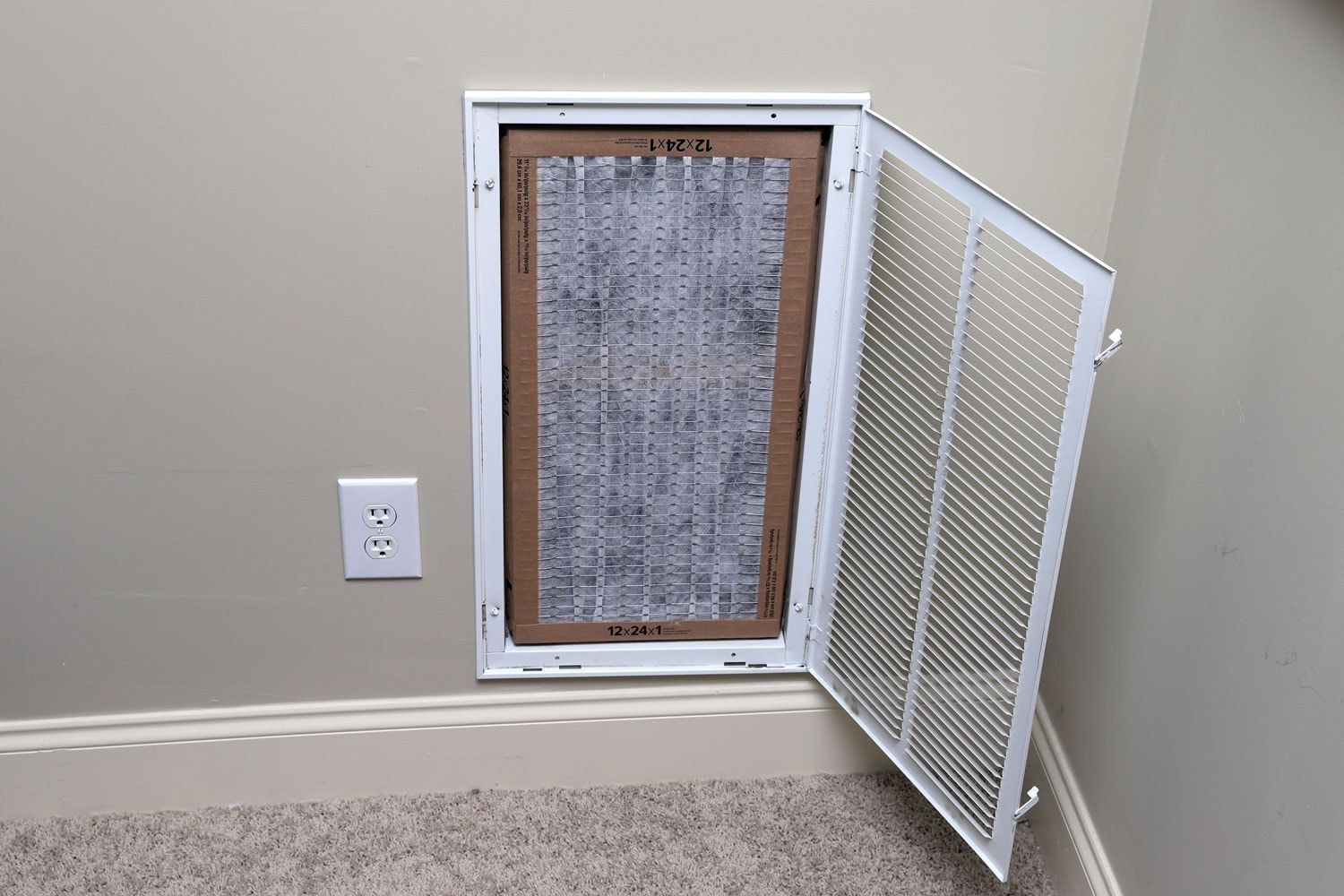
The filters in some systems are situated in the return air duct. This is the one that returns air from your room to the air handler system of your air conditioner. Finding the filters in a complex system with several air handlers and return ducts might be difficult.
It's also possible that the air filter for both systems is positioned in or near the furnace's blower system if your heating and cooling systems share the same ductwork. If that's the case, it's normally near the bottom of the furnace, near the front.
How To Clean Reusable Air Filters
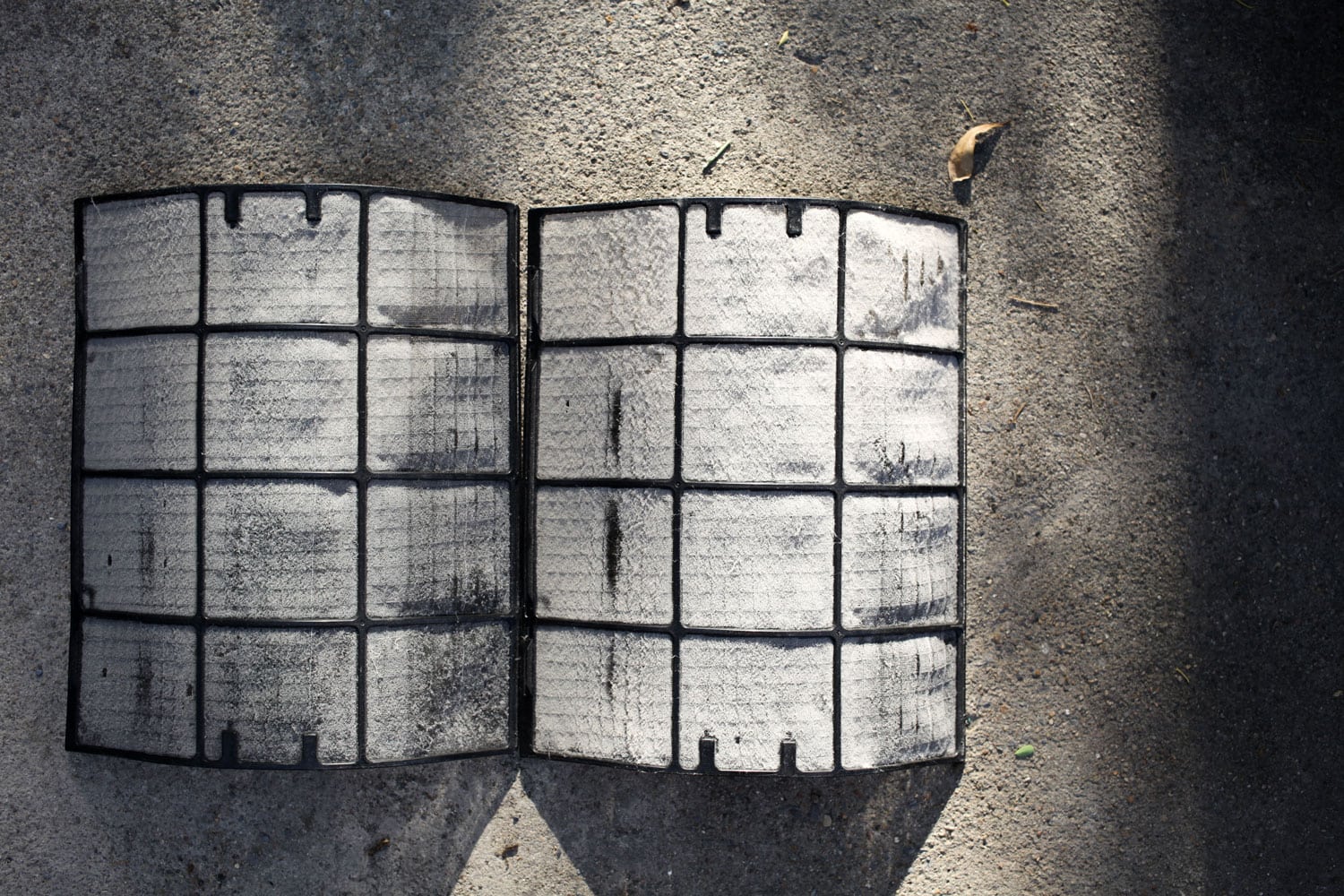
If you have reusable air filters, cleaning them is one way of maintaining them. Now, you may wonder, how to clean a reusable air filter? Here's a guide on how:
- Take out the clogged filter.
- Using a cloth or vacuum, clean the frame and surrounding surfaces.
- Wash the filter with a hose.
- To remove bacteria buildup, soak the filter periodically or scrub it with a water-vinegar solution.
- Allow the filter to dry.
- Once the filter has dried, reinstall it in the unit.
What Are The Types Of AC Air Filters? [Incl Pros & Cons]
When looking for HVAC filters, you'll most likely come across a variety of possibilities in various sorts, sizes, and ratings of efficiency. Generally, filters can be categorized as reusable or disposable.
If you're considering upgrading to a more efficient filter, here's a quick rundown of the seven types of HVAC filters available:
- HEPA Filters
- Ultra-violet Filters
- Fiberglass Filters
- Pleated Filters
- Media Filters
- Washable Filters
- Electrostatic Filters
HEPA Filters
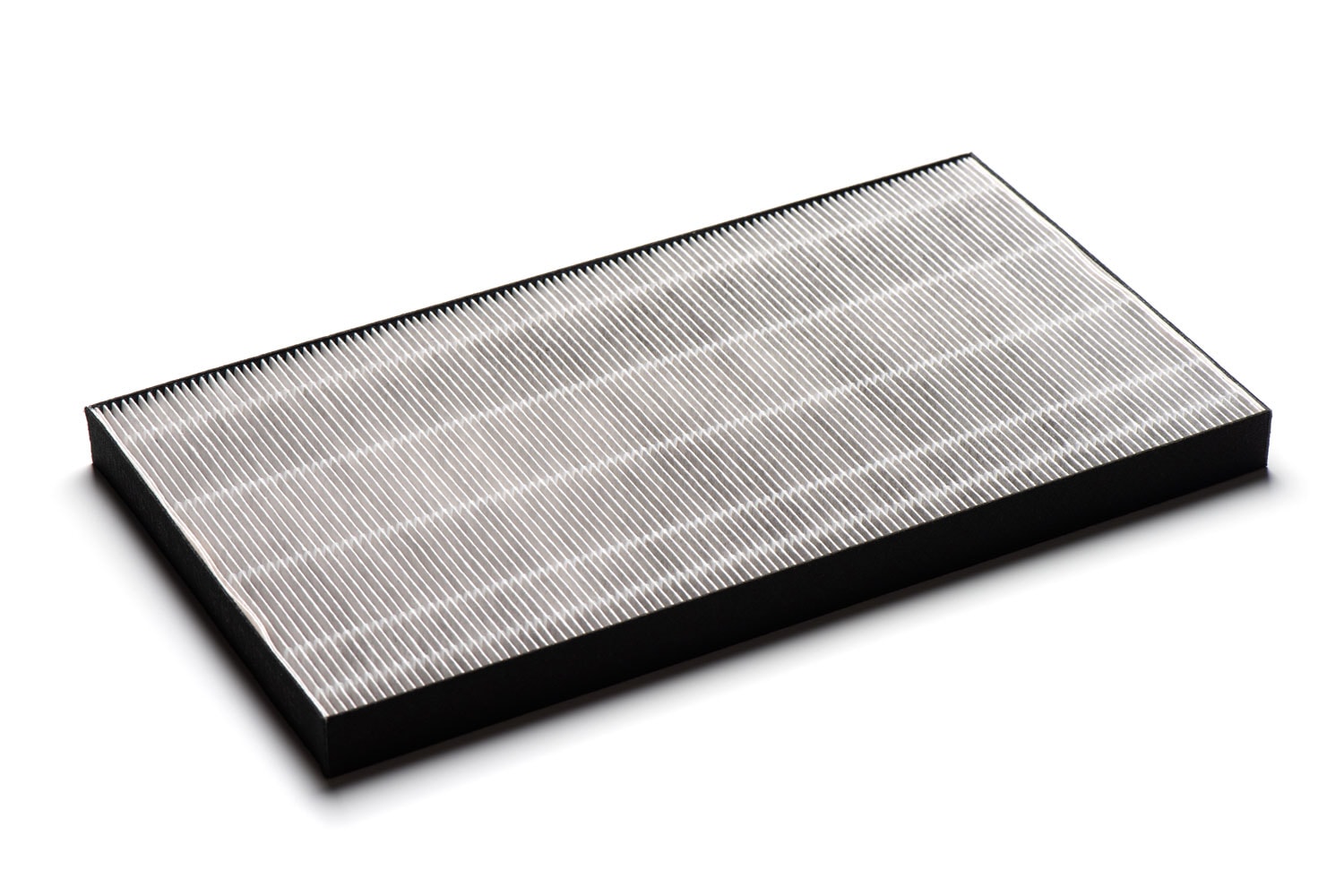
Filters with a MERV rating of 16 or greater are considered HEPA filters. They can remove even the tiniest particles, such as cigarette smoke, germs, and other pollutants.
Pros:
- Excellent way to purify the air in your house.
- Long-lasting and cost-effective.
Cons:
- It must be customized to your HVAC system.
- It is impossible to defend against all odors, vapors, and gases.
- Expensive initial investment cost.
- Not fit for residential use.
Click here for this product on Amazon.
Ultra-violet Filters
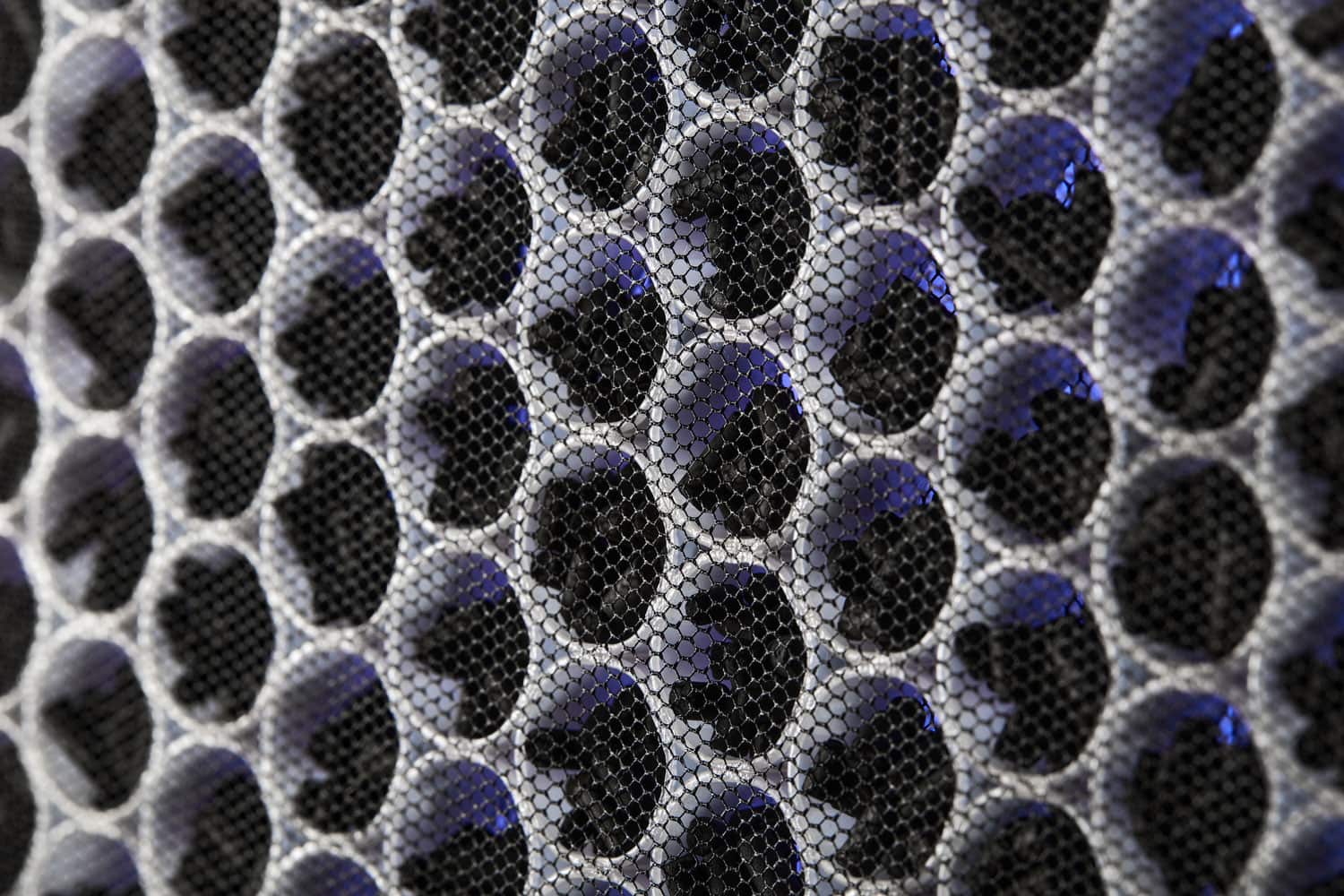
UV filters destroy germs and viruses by emitting shortwave UV light. The UV lamp disinfects the air as it passes through your HVAC system by emitting germicidal radiation.
Pros:
- Great for destroying microorganisms like mold that can be harmful to your health.
Cons:
- Expensive installation cost.
- Need an expert HVAC technician to install.
- Can't filter large particles.
Click here for this product on Amazon.
Fiberglass filters
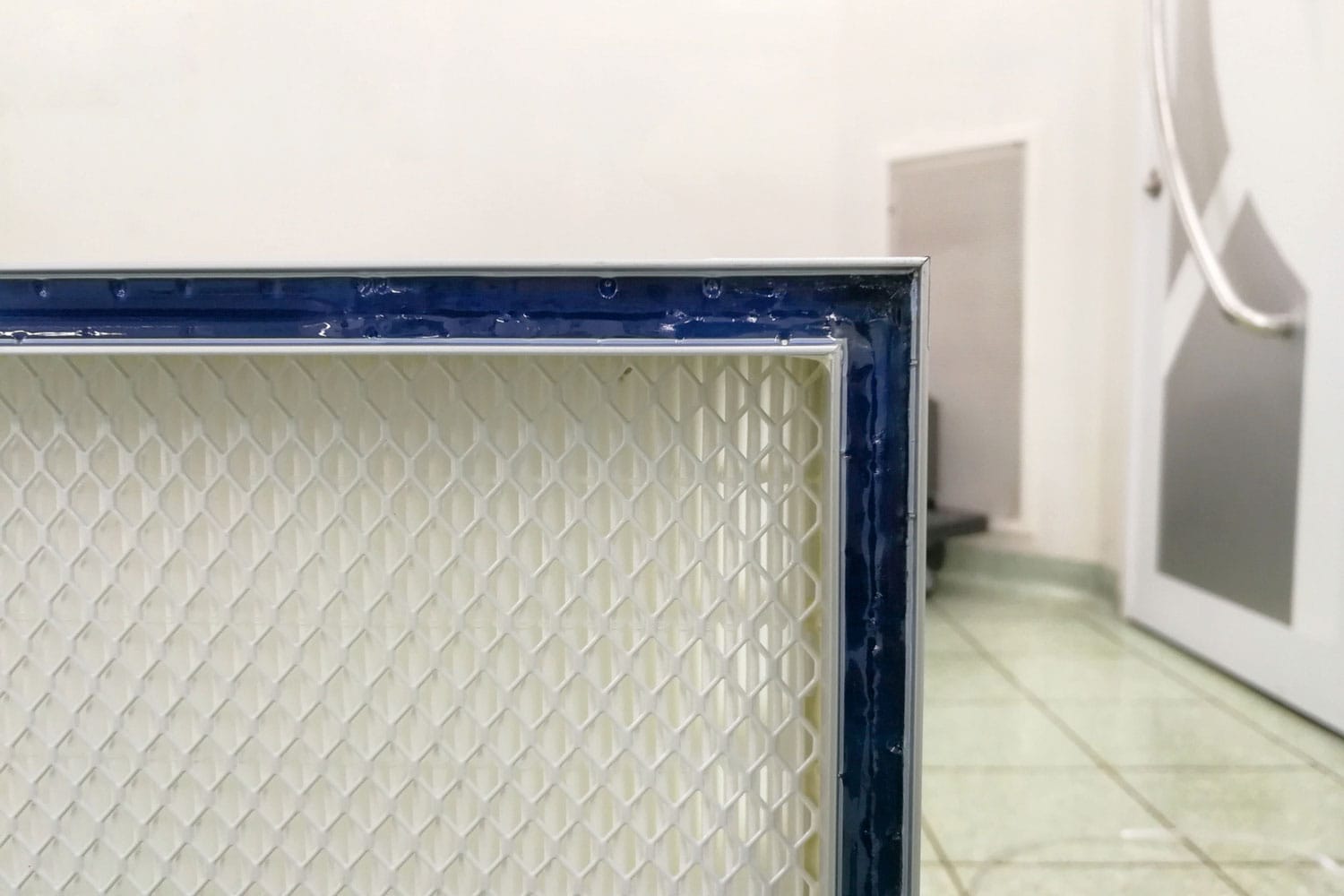
It's comprised of fiberglass strands. They are quite good at keeping dirt and debris out of your HVAC system.
Pros:
- One of the most affordable filters on the market.
- These air filters are excellent at removing dust and lint.
Cons:
- Ineffective at filtering smaller particles.
- When it comes to breathing problems, this isn't the finest option.
- Dust, dirt, and other material can readily block these filters.
- They are unable to strain a large number of airborne pollutants.
Click here for this product on Amazon.
Pleated Filters
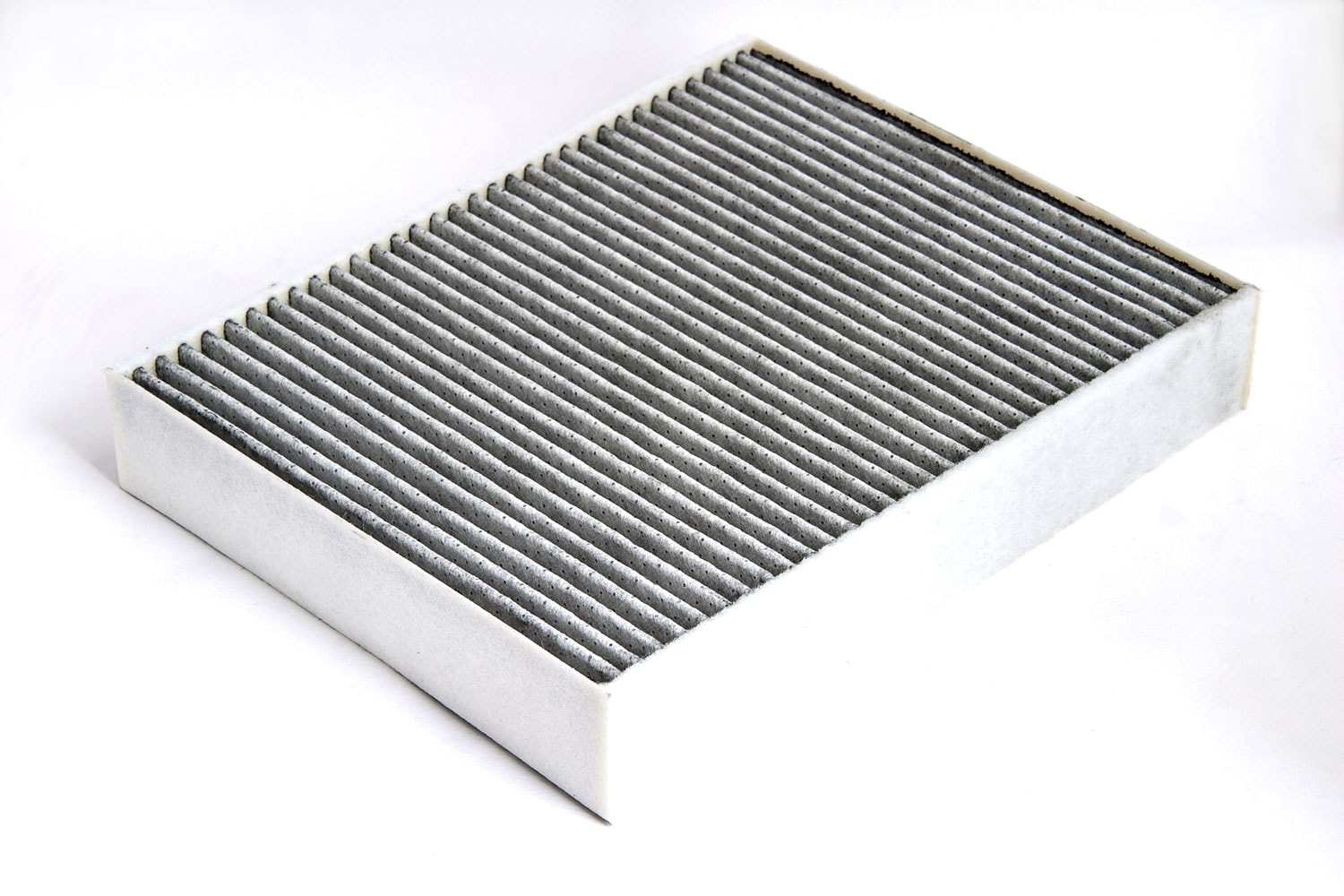
Pleated filters are constructed from cotton or polyester materials that have been folded many times.
Pros:
- Dust and other airborne contaminants are effectively filtered by them.
- The surface area of a pleated filter is larger, allowing for better filtering.
- This type is available as reusable or disposable filters.
- Helps in HVAC fan noise reduction.
- This type of filter lasts longer compared to fiberglass filters.
Cons:
- More expensive compared to some other filter types.
- Can affect the efficiency of your HVAC system over time.
Click here for this product on Amazon.
Media Filters
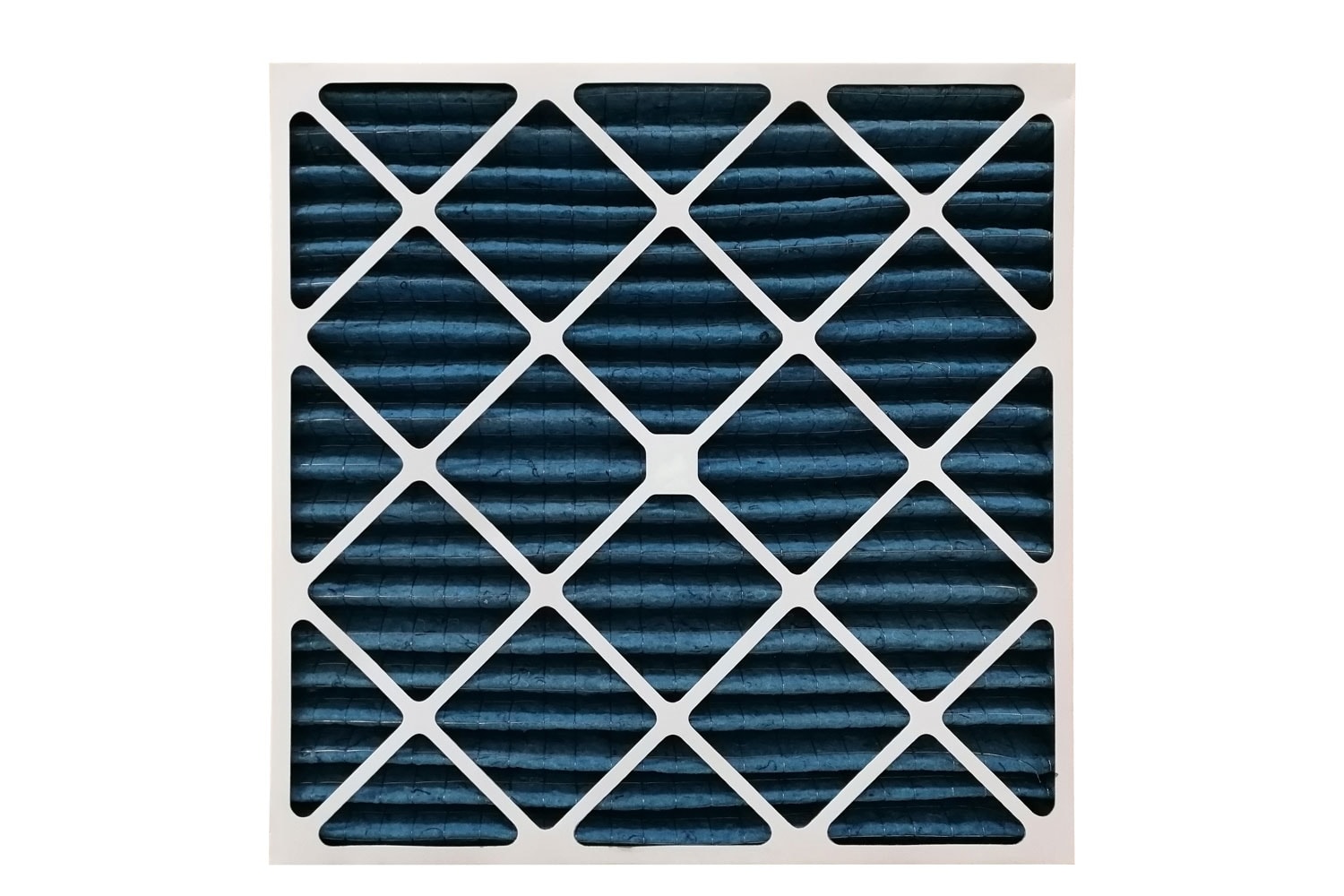
Standard filters with high MERV ratings offer fewer advantages than media HVAC filters. The same level of filtering as a MERV-rated filter is provided by media filters.
Pros:
- This type of filter is easy to maintain.
- Has a larger surface that can filter a large number of particles.
- Prevents static pressure in your HVAC system.
Cons:
- Professional installation is required for media filters.
- They are ineffective when it comes to odors.
Click here for this product on Amazon.
Washable Filters
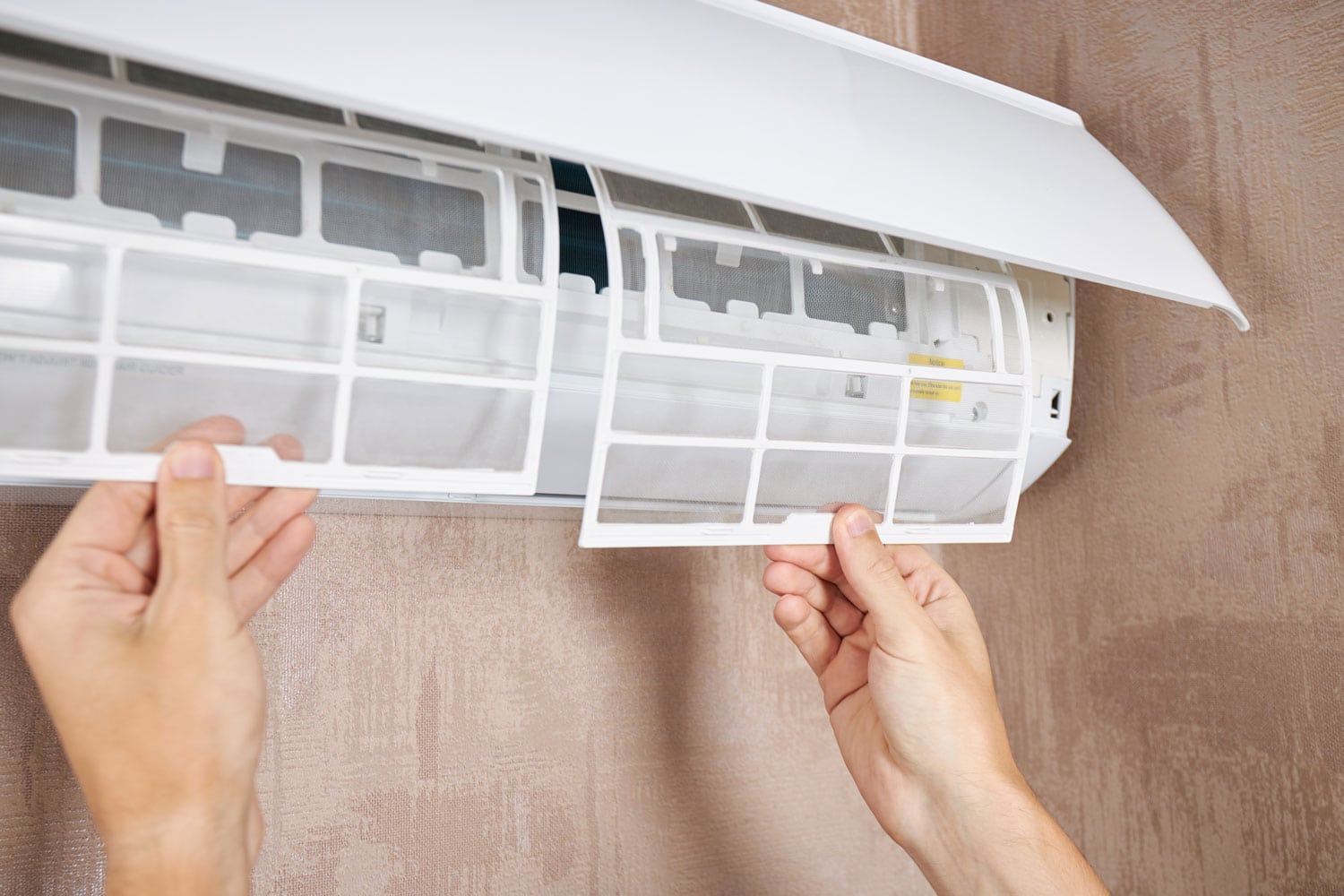
As the name suggests, this filter type is reusable. You just need to regularly clean this filter, and you can use them again.
Pros:
- Environmentally friendly filters.
- Saves money in the long run.
Cons:
- Can be ground for mold if not completely dry.
- Expensive initial investment cost.
- Not a good filter when it comes to odors.
Click here for this product on Amazon.
Electrostatic Filters
Static electricity is generated by a combination of fibers in electrostatic filters. This aids in the attraction of dust and dirt particles. The electrostatic charge's magnetism prevents the particles from spreading around the house. It's an excellent option for folks who need to avoid allergens.
Pros:
- Available as disposable or reusable filters.
- These filters are cheap.
Cons:
- This is not a good option for persons who have breathing problems.
Click here for this product on Amazon.
What Does A MERV Rating Of Air Filters Mean?
The minimal efficiency reporting value (MERV) of an air filter indicates how well it prevents dust and other impurities from going through it and into the air stream. Small particles are trapped more effectively by filters with higher MERV ratings than by filters with lower MERV values.
The MERV values of air filters range from 1 to 20. Here are the MERV values, their application, and particle size they can filter:
MERV 1-4
- Applications: Commercial building pre-filters, residential furnaces, window AC units
- Filtered Particle Size: Filters down to a particle size of 10.0 microns
MERV 5-8
- Applications:Pre-filters/final filters, commercial and residential buildings, paint booth inlets, industrial workplaces.
- Filtered Particle Size: 3.0–10.0 microns
MERV 9-12
- Applications:Pre-filters/final filters, commercial and residential buildings, hospital laboratories
- Filtered Particle Size: 1.0 to 3.0 microns
MERV 13-16
- Applications: Final filters; Hospital general surgery room; Hospital inpatient care; Smoking lounges
- Filtered Particle Size: 0.3 to 1.0 microns
MERV 17-20
- Applications: Final filters, clean rooms, pharmaceutical manufacturing buildings, carcinogenic materials, orthopedic surgery room, radioactive materials
- Filtered Particle Size: less than 0.3 microns
What's The Difference Between Pre-final And Final Filters?
Air filters become major filters for an HVAC system when utilized as final filters. Final filters can be used alone in a single-filter system or in conjunction with one or more pre-filters in a multi-filter system.
While pre-filters catch dirt and big particles before the air reach the final filters, which subsequently remove the smaller particles in a multi-filter system.
In Closing
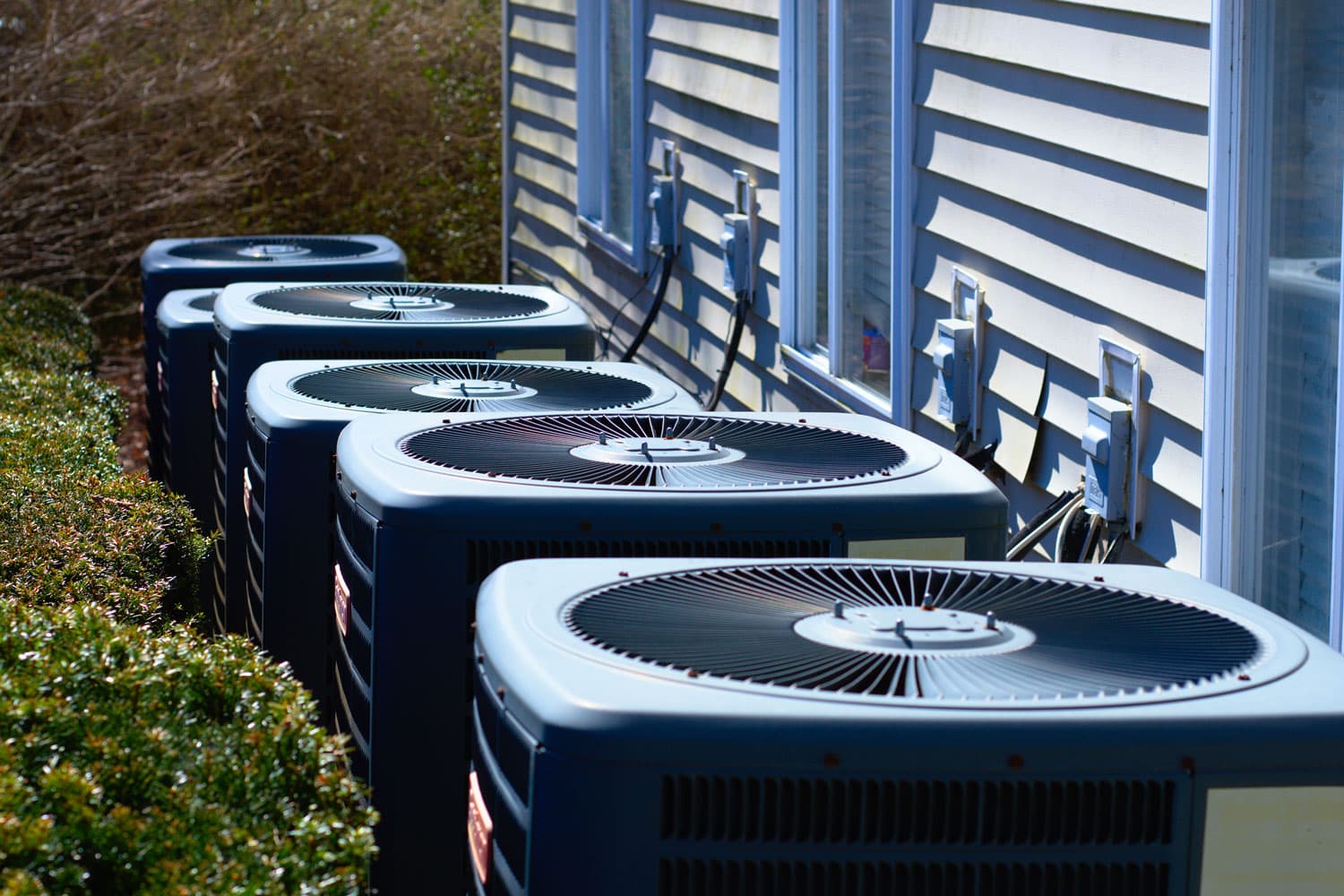
Having air filters in your central HVAC system is vital not only because it can prolong the life of your equipment but it also protects you and your family from possible dangers brought by airborne particles that may enter your HVAC system.
In choosing a suitable air filter that fits your need, you may consult with your trusted HVAC professionals.
Before you go, you can check these related articles that might help you:







